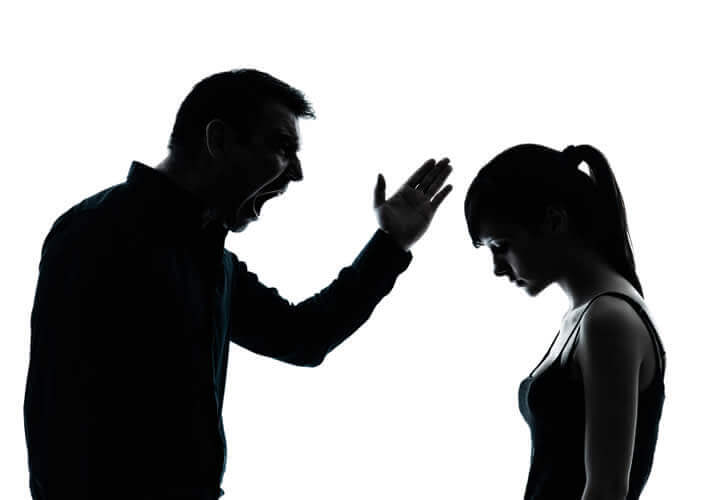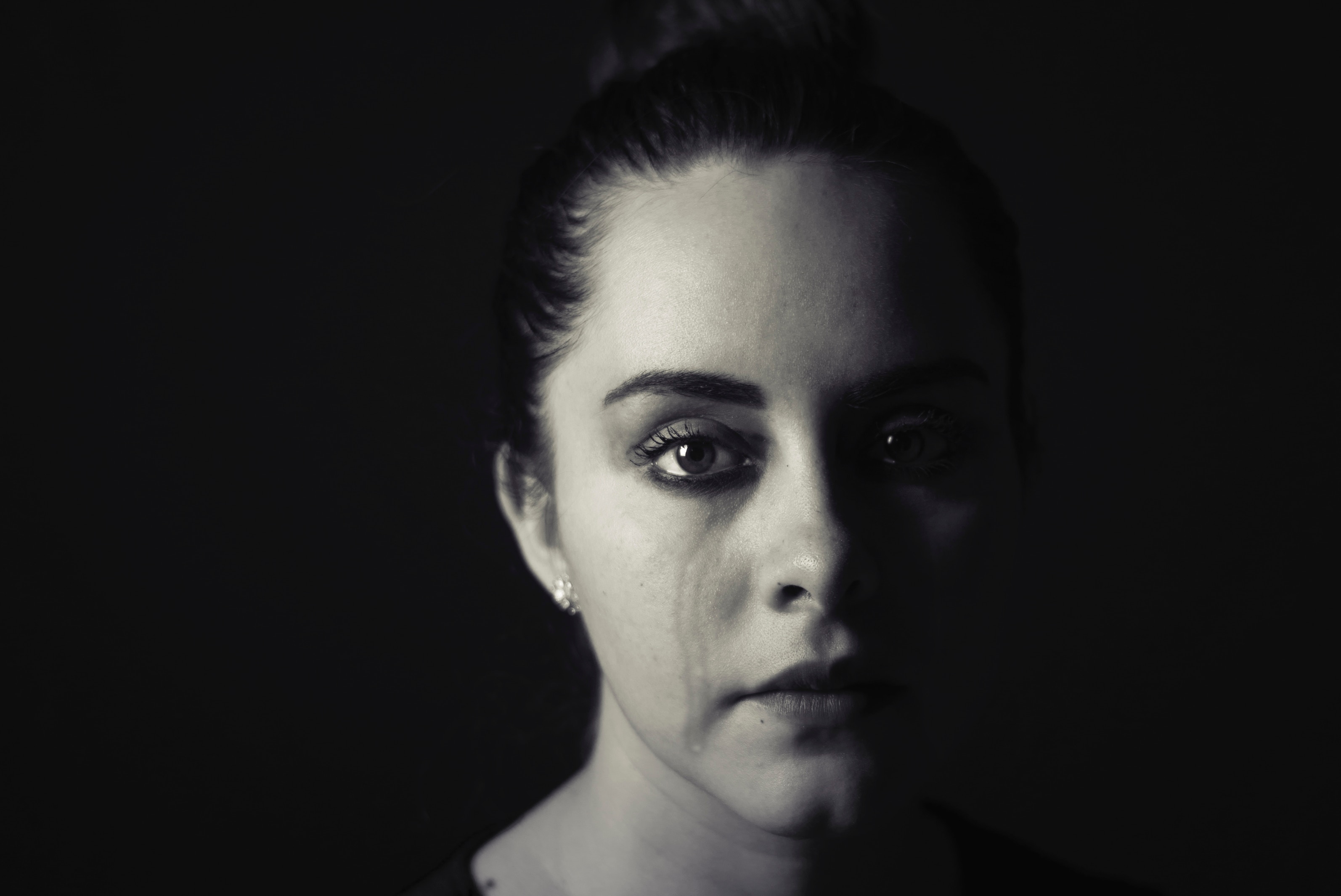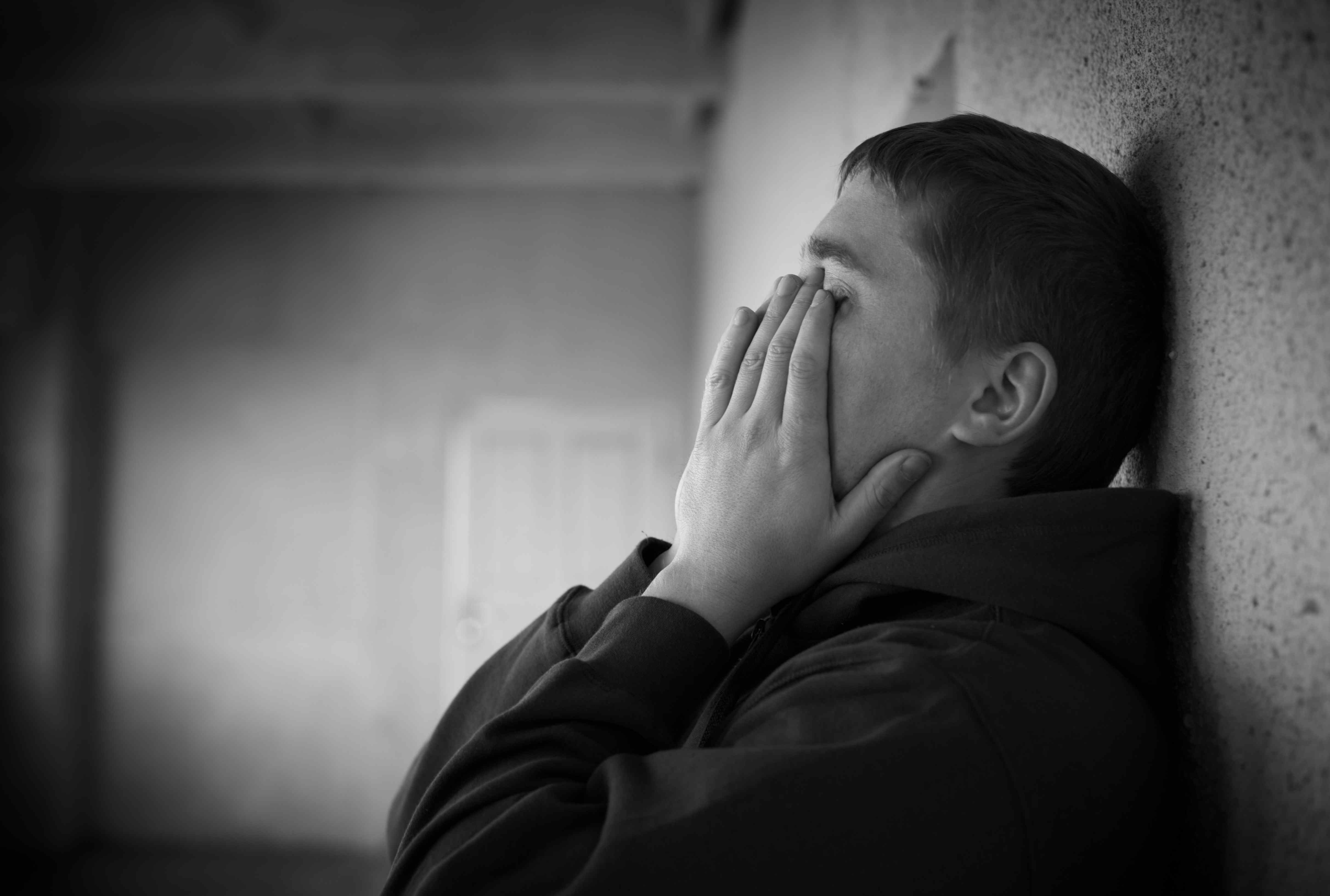10 Things Toxic Things Parents Say

Parents are supposed to be people you lean on for support and look to for guidance. Unfortunately, many parents say things that are emotionally harmful and have lasting negative effects like psychological damage. In fact, just ten years ago the specific number of children living in such an environment was approximately 55,000 ( Prevent Child Abuse). It’s an even bigger problem when we consider that young people, who have nothing to compare their experience with, often think the way their parents behave towards them is typical. So if you have a toxic parent, you might not even know it. Still, the damage that comes from having toxic parents is very real. Even if the parents don’t mean to cause harm, it doesn’t change the fact that you can be affected by their toxic traits in a very big way.
In this follow-up to our video 8 Toxic Things Parents Say, we explore some more things to look out for if you think your parents are toxic.

Sometimes parents say personally insulting things their children, attacking their physical appearance or comparing them to others. The first video in this series details a few. But there are so many types of personally insulting statements that may be made. Some more of these hurtful and offensive words include:
1. “You look terrible today”
Although statements like this are more general than calling someone ugly or fat, they still increase insecurities and are often the reason for body image issues. In fact, these more general statements leave more room for children to question themselves
2. “You’re a freak”
Whan parents say this to their child, it makes them feel like they’ll never fit in, or that they’re actually abnormal in some way.
3. “You’re immature”
Saying this to someone causes the person to feel like there’s something wrong with them for how they act, even when there was really nothing wrong with their actions.

There are many instances of parents using words of neglect, another form of toxic comments, such as:
4. “I’m going to send you to boarding school”
We’ve all seen shows or movies that include a parent or step-parent saying this. Sadly, it’s also said in real life. It brings about trust issues and makes the person hearing it feel unloved or even betrayed.
5. “Once you’re 18, I’m kicking you out!”
While a teenager’s eighteenth birthday does technically mark the beginning of what’s called ‘adulthood,’ when a parent says this, it gives rise to feelings of guilt. The teenager often feels like they’re a burden to get rid of.

Manipulative comments are also toxic. Manipulation is defined as “exerting shrewd or devious influence, especially for one’s own advantage” (vocabulary.com). Some examples are:
6. “This is your fault!”
When a parent places blame on their child and acts victimized, their child will feel like a burden, causing them to go great lengths to avoid being a so-called problem.
7. “Show me some respect!”
It’s certainly important for young people to respect their elders, but if those elders are toxic, being commanded to respect them is complicated. In this case, the adult is betting on the fact that the young person knows being respectful is important just so they can continue pulling the strings.

Many toxic comments come in the form of controlling words:
8. “Do what I say or else”
These types of words take away power from the person receiving them, resulting in them feeling like their independence is unimportant and their desires aren’t worthy.

Overly-critical statements about skills or abilities are also common.
9. “You are terrible at sports”
Saying things like this to a child causes them to be self-conscious about their skills. This is especially damaging when the parent criticizes something their child enjoys.
10. “You are the worst student”
These type of remarks make the person hearing them believe negatives about themself, contributing to low self-esteem. They also make the person feel undeserving.

Many of these toxic things parents say are more than just that. They’re also verbal abuse, which is defined by the National Domestic Violence Hotline as a pattern of behavior used to maintain power and control over someone else. Therefore, it is particularly important to be aware of what qualifies as toxic.
Has your parent ever said anything like this to you? Do you know anyone whose parents speak this way?
If you haven’t already, and you want to hear more toxic things parents say, head to our YouTube channel and watch this video.
Citations:
“Abuse Defined.” The National Domestic Violence Hotline, https://www.thehotline.org/is-this-abuse/abuse-defined/.
“Child Emotional Abuse.” Prevent Child Abuse America, https://preventchildabuse.org/resource/preventing-emotional-abuse/.


Responses